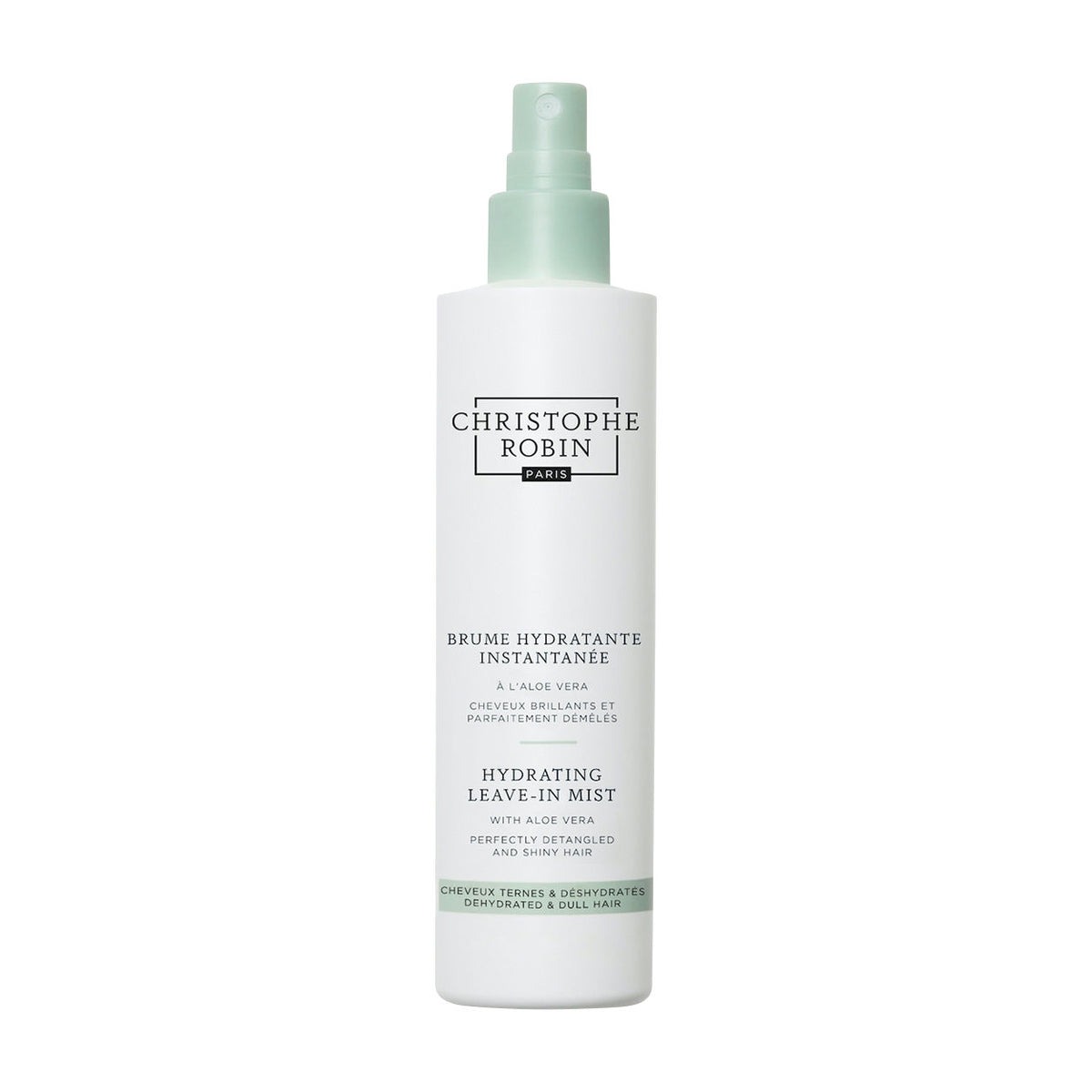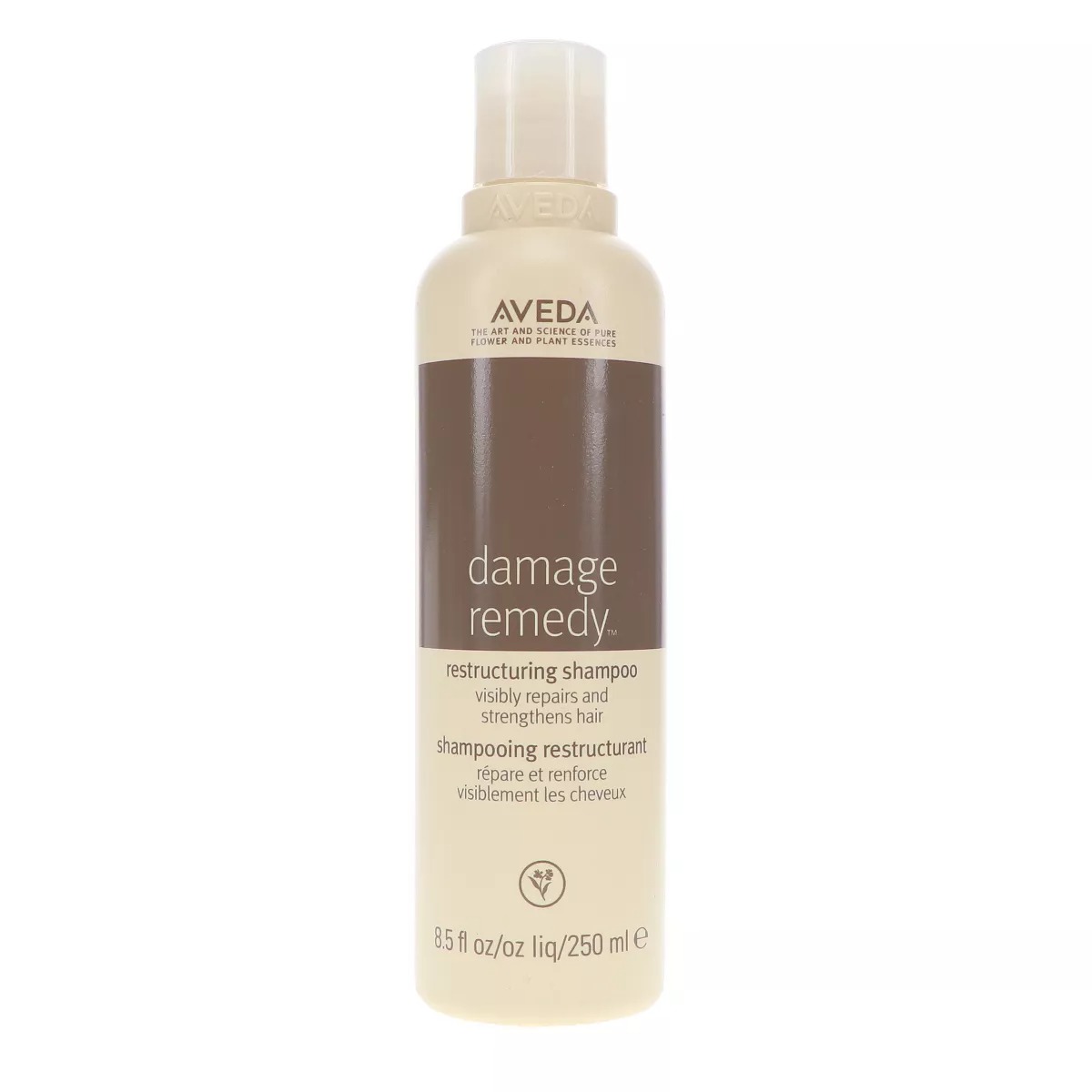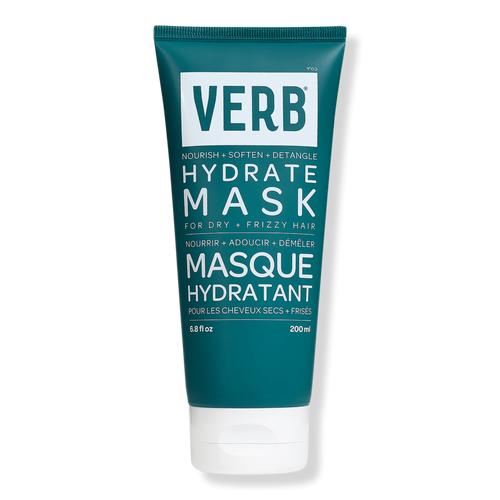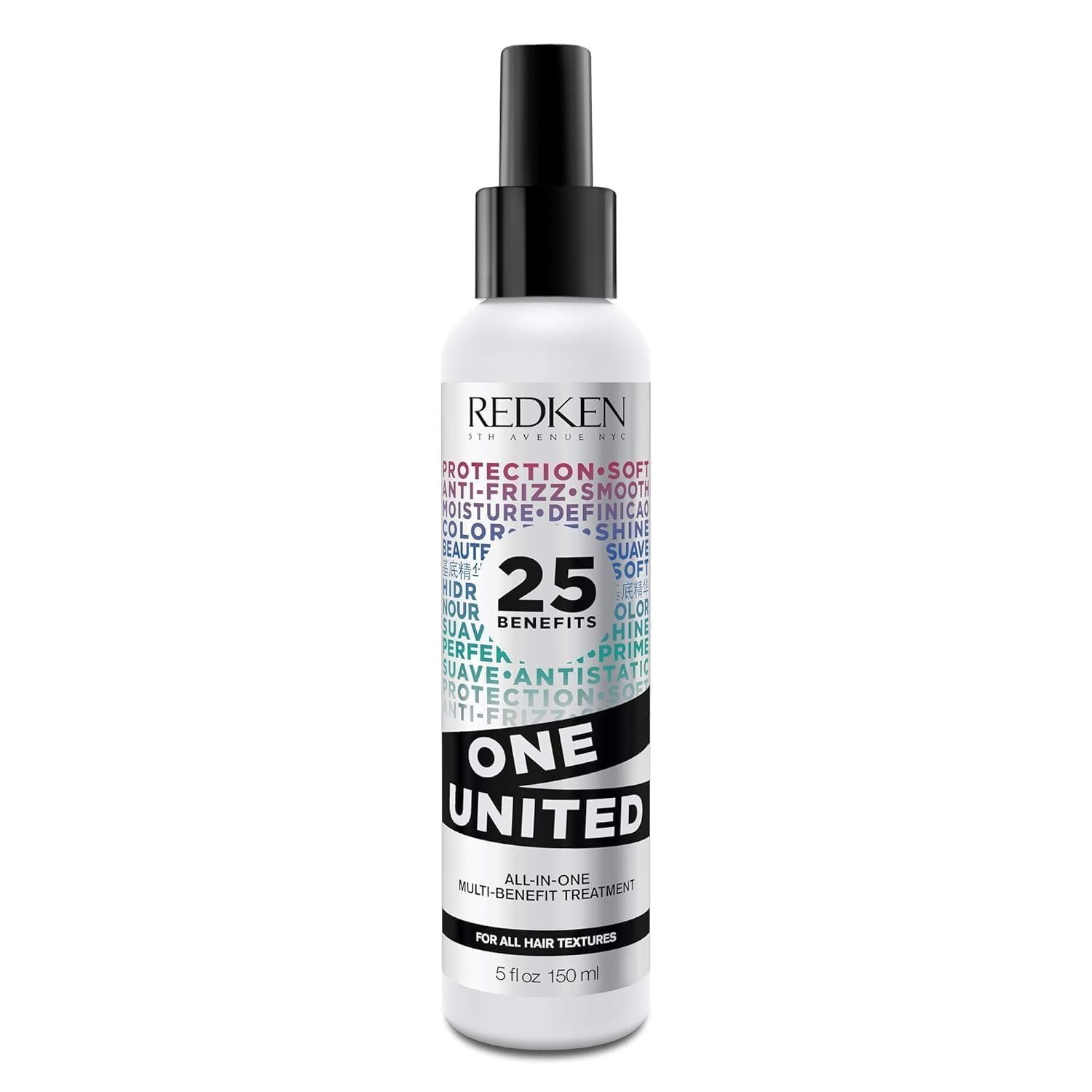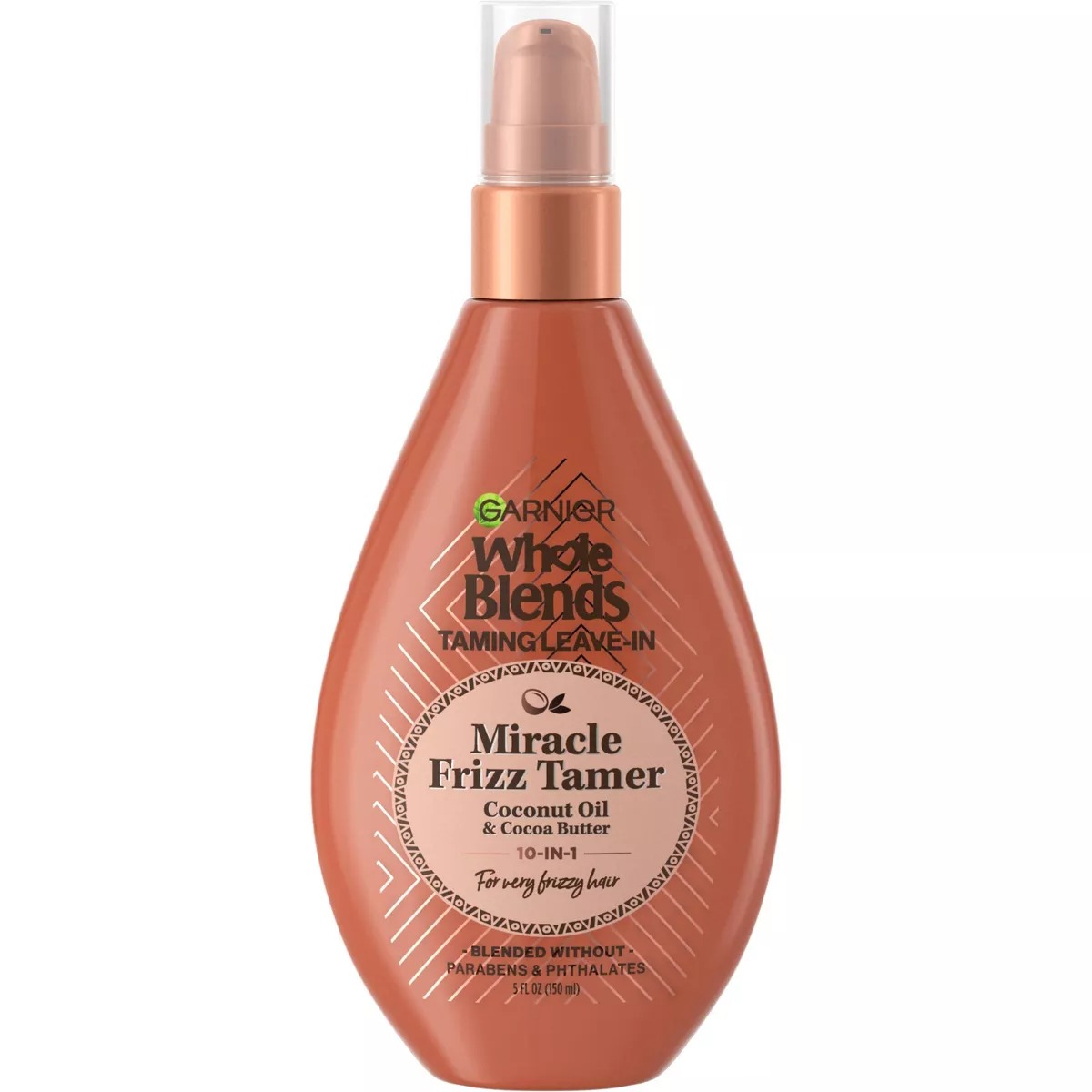Everything You (Really, Truly) Need to Know Before Booking a Keratin Treatment


If you've been looking for a way to achieve smoother, softer, and frizz-free strands, keratin treatments may seem like a near-mythical solution. Keratin treatments can majorly simplify your hair styling routine, especially if you dedicate the majority of your getting-ready time to hot tools in hopes of coaxing tendrils into submission. Why should you be spending extra time on your hair, when it can be better spent elsewhere?
Like most professional hair treatments (especially those involving a cocktail of chemicals and lengthy processes), there are some factors and potential risks that are important to consider before you make a keratin treatment appointment with a trusted stylist. In fact, depending on your hair goals, budget, time you can dedicate to upkeep, and access to trained haircare professionals, keratin hair treatments may or may not be the best way to achieve smooth, silky hair. Luckily, there are a few surefire ways of knowing for sure if it's for you.
To get a better understanding of what keratin treatments are and if they're worth trying, we tapped three industry experts to fill us in on everything to know on the subject. Keep scrolling to learn more about these treatments from hairstylists and educators, plus helpful products to keep your hair healthy before, during, and after receiving them.
What Are Keratin Hair Treatments?
To understand what keratin treatments are and how they can affect your strands, we must first understand how keratin supports the overall health and appearance of your hair. Put simply, keratin plays an integral part in building the tissue that forms hair, nails, and the outer layer of skin. "Keratin treatments, in general, are designed to semi-permanently make the hair straighter, softer, and shinier," explains Vernon François, celebrity hairdresser, educator, and brand founder who also serves as the global inclusivity and education advisor for Kérastase; plus a global consultant, educator, and celebrity hairdresser for Redken.
According to François, several types of keratin hair treatments vary in intensity, ingredients, required time, application process, and cost. A regular keratin treatment will last anywhere between three and six months (depending on at-home upkeep, lifestyle, hair texture, etc.), while express treatments can last anywhere between six and three months. Los Angeles–based hairstylist Sophie Rose Gutterman tells us that post keratin treatment, you should avoid water and ponytails for at least three days, as they can add texture to freshly straightened strands.
What to Expect From Keratin Treatments
Before scheduling a keratin treatment, it's best to speak with a stylist you trust to ensure you know what you're getting before you sit in the chair. It's also important to note that they're much less damaging to your natural hair texture than one would think and can actually help promote strong tendrils. "Getting these long-lasting strong hair treatments saves you so much time and damage to your hair because you don’t have to be so aggressive with your blow drying or your flat iron," says celebrity hairstylist Chris McMillan. "I’ve helped people grow their hair out faster after getting keratin treatments done because you don’t have to use as many hot tools."
There are several pros and cons to consider, but be sure to think about the finished look you're after, what you're comfortable doing to your hair, and upkeep. "They're a semi-permanent way of altering the structure of the hair, and preventing the hair from holding its true memory can actually enhance the condition of your strands," adds François. When it comes to formulas, many keratin treatments use formaldehyde and most-in-salon treatments are not vegan.
François also shares that the timing of the keratin treatments is dependent on the salon or hairstylist, specific product/type of keratin treatment, your hair's starting state, and desired results. His process is tailored to the texture of his client's hair and how he would like to 'compliment the structure of the hair,' taking its length and health into consideration. François is also very particular about the method of application, its placement, and how long the product is on the hair if the client has had previous treatments.
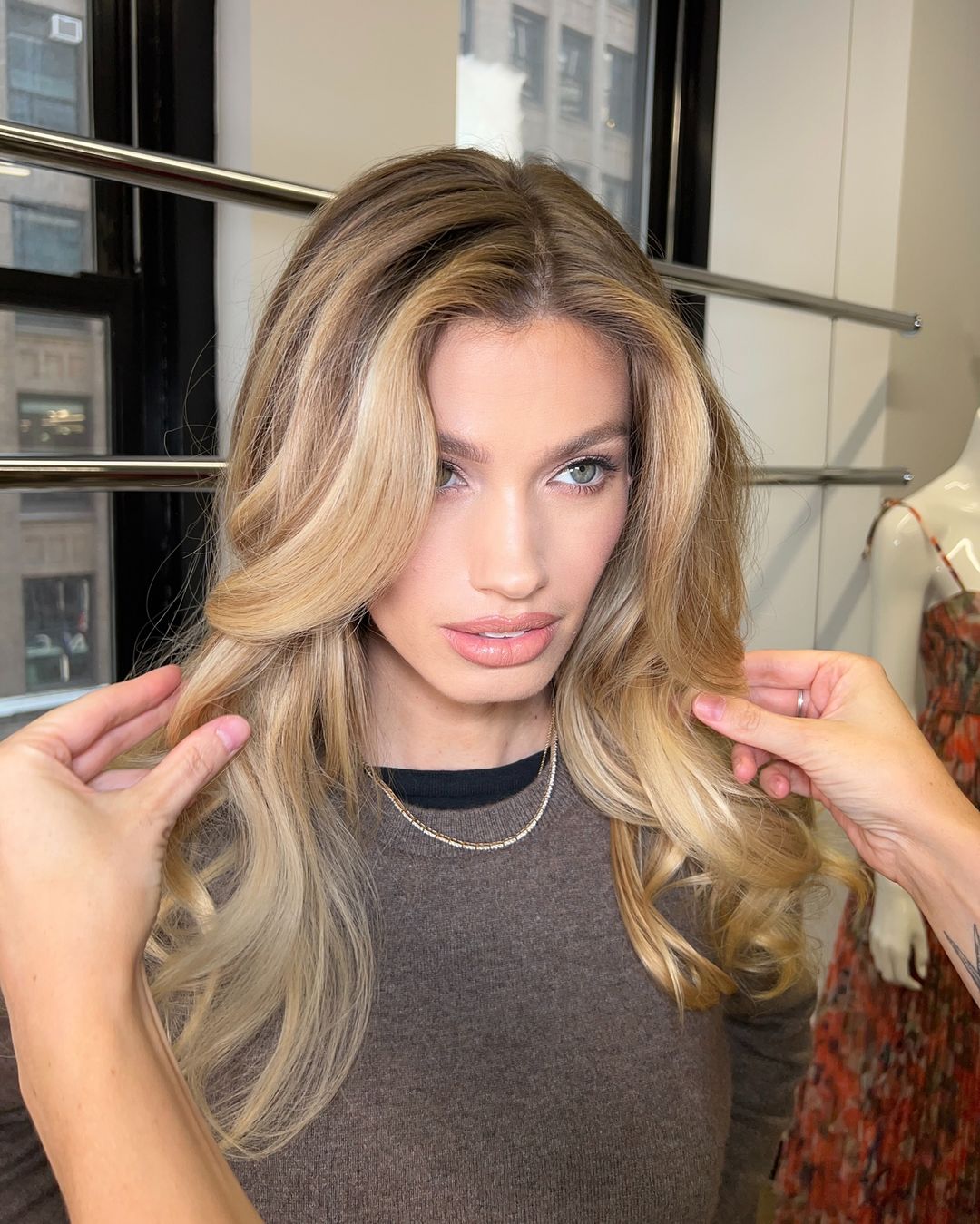
Keratin Treatments and Hair Types
McMillan tells us keratin treatments do work for all hair types and textures, but some may experience the effects of the styling aid more than others. If you're someone who wants a low-maintenance way to keep tight curl and coil patterns in check while managing frizz and cutting down on styling time, a keratin treatment may be a good option. Even textured hair extensions can benefit from keratin treatments, as it can help them blend better.
After the treatment, your hair will look much smoother, straighter, and less prone to frizz. "The overall smoothness and shine of your hair may also be enhanced, and treated hair better lends itself to sleek hairstyles—slick-backs or ironed straight," François says. Keratin hair treatments can also extend the wear time of specific hairstyles. Blowouts, for example, will last longer due to how keratin coats the hair shaft. You can expect, full, bouncy hair for days without touchups!
Now, if you'd like to maintain your natural curl and coil pattern, it might be best to avoid them. "Your hair will be a lot more relaxed for two to three months," warns Gutterman. "It's imperative your stylist really takes the time to consult with you to see if it's the best option. Although the results aren't permanent, a few months can feel like a long time and can be really hard if you weren’t properly educated on how the service will affect your specific hair type." When it's applied and/or used incorrectly, the combination of heat and chemicals can pose potential health risks.
Keratin Treatments vs. Other Treatments
Keratin, smoothing, and straightening treatments are commonly conflated with each other, but they have very different formulas and ways of working on your hair. Straightening treatments like a Japanese hair strengthening treatment irons out texture with much stronger formulas for a smooth, kink-free finish. "Japanese straightening treatments are very strong, and it typically strips all the hair of any life and even strips it of color," McMillan explains. "The keratin treatment is much softer. I personally like the Leaf + Flower brand for keratin treatments."
Smoothing treatments like Goldwell Kerasilk, have formulas with keratin, but they also happen to be formaldehyde-free and fight frizz. They're also great for helping you achieve a flawless, silky finish that will leave your hair looking sleek for three to five months depending on proper upkeep and your natural hair texture. As a rule of thumb, know what your end goal is for the treatment you'd like to receive and plan accordingly.
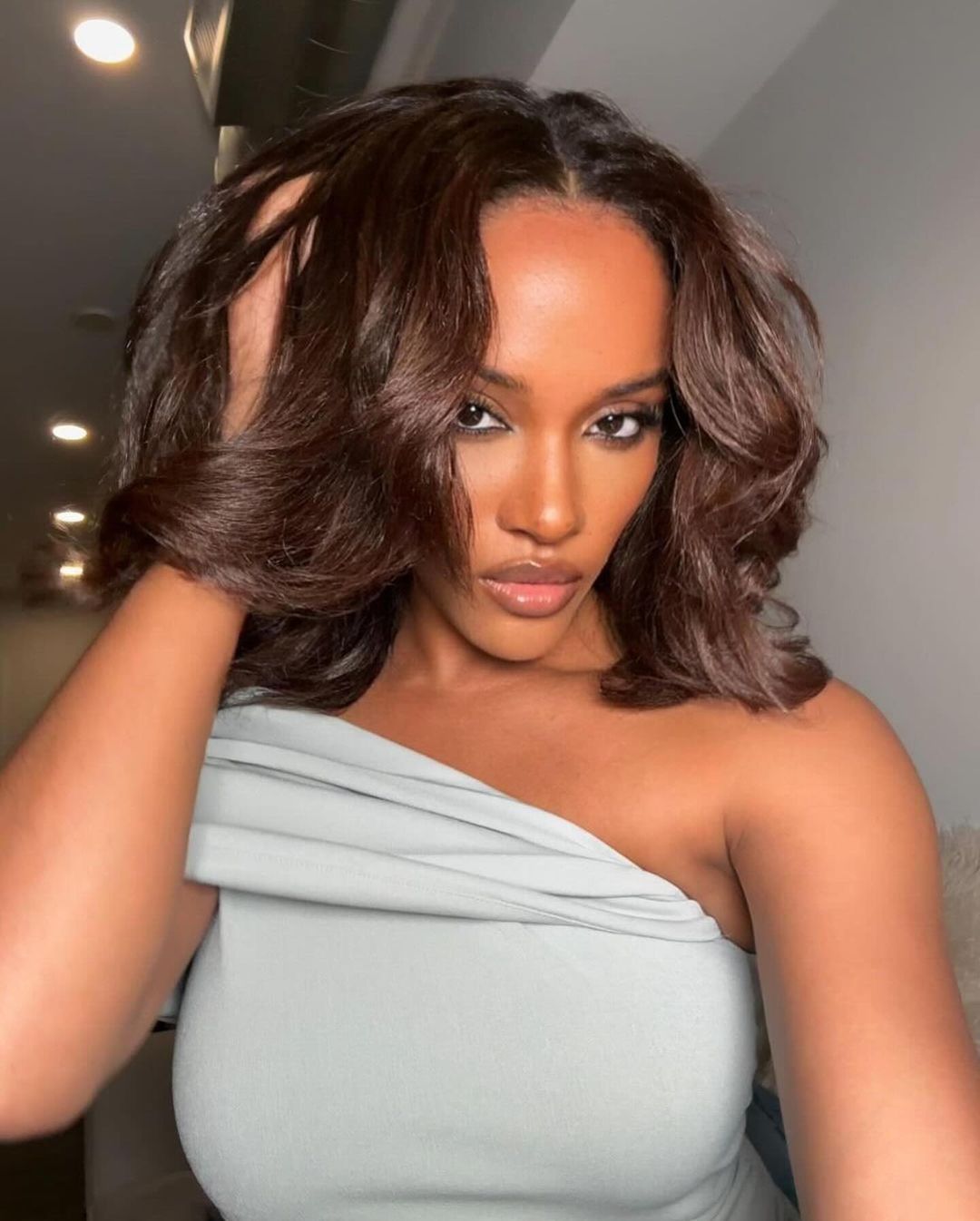
Possible Side Effects
Because keratin hair treatments contain many potentially harmful chemicals (most notably, formaldehyde), there are instances where receiving there are potential side effects. When formaldehyde is combined with other chemicals and hot tools during the smoothing process, there's a risk of formaldehyde exposure. A trained, licensed professional who is doing a keratin treatment should be monitoring their use of the chemical every step of the way. "Have a lot of fans going [and] try not to breathe it in," McMillan advises. "You can wear a mask when getting it done, and make sure you’re in an extremely ventilated area or outside."
When our experts were asked if Keratin treatments should be done at home, the unanimous response was a resounding no. "There are at-home options, but they won’t give you the same shine or results that a salon treatment will," explains McCarthy. "However, if you’re scared of chemicals and decide not to opt for a treatment, crème-de-la-crème smoothing formulas will be your new best friends." McMillan discourages DIY, home keratin hair treatments altogether. "There are too many chemicals involved so you should always have the treatment done by a professional," says McMillan. No matter how you decide to go about your keratin treatment, make sure you're informed!
Keep scrolling for the best expert-recommended products to use following your keratin treatments for extended wear and healthy hair.
The Best Products for Keratin-Treated hair
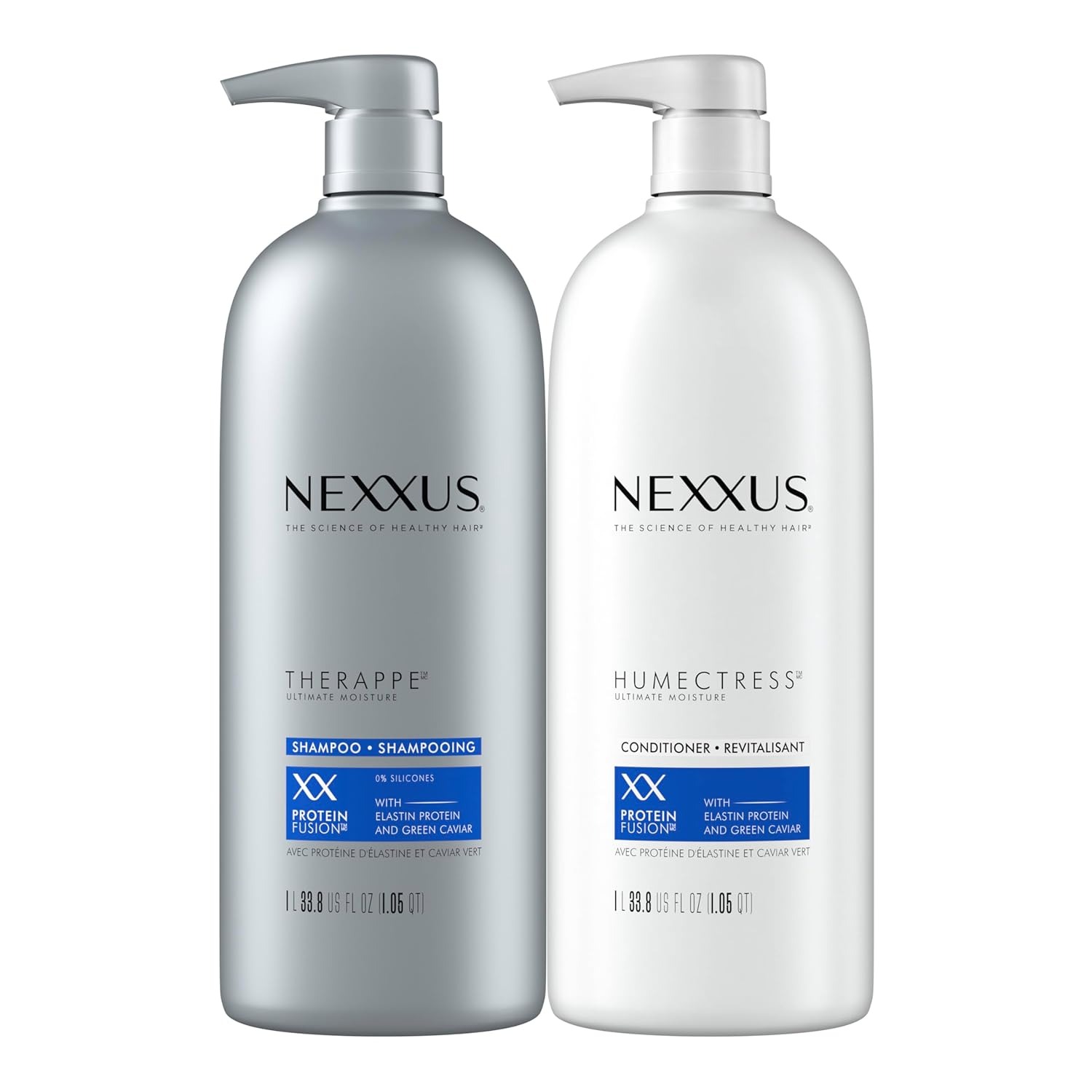
This shampoo-and-conditioner duo by Nexxus uses a formula crafted with elastin protein to repair and rejuvenate dry hair while helping retain natural movement and locking in moisture. They are also silicone and formaldehyde-free—two materials known for causing buildup on the scalp, weighing down hair, and cutting the wear time of your keratin treatment.
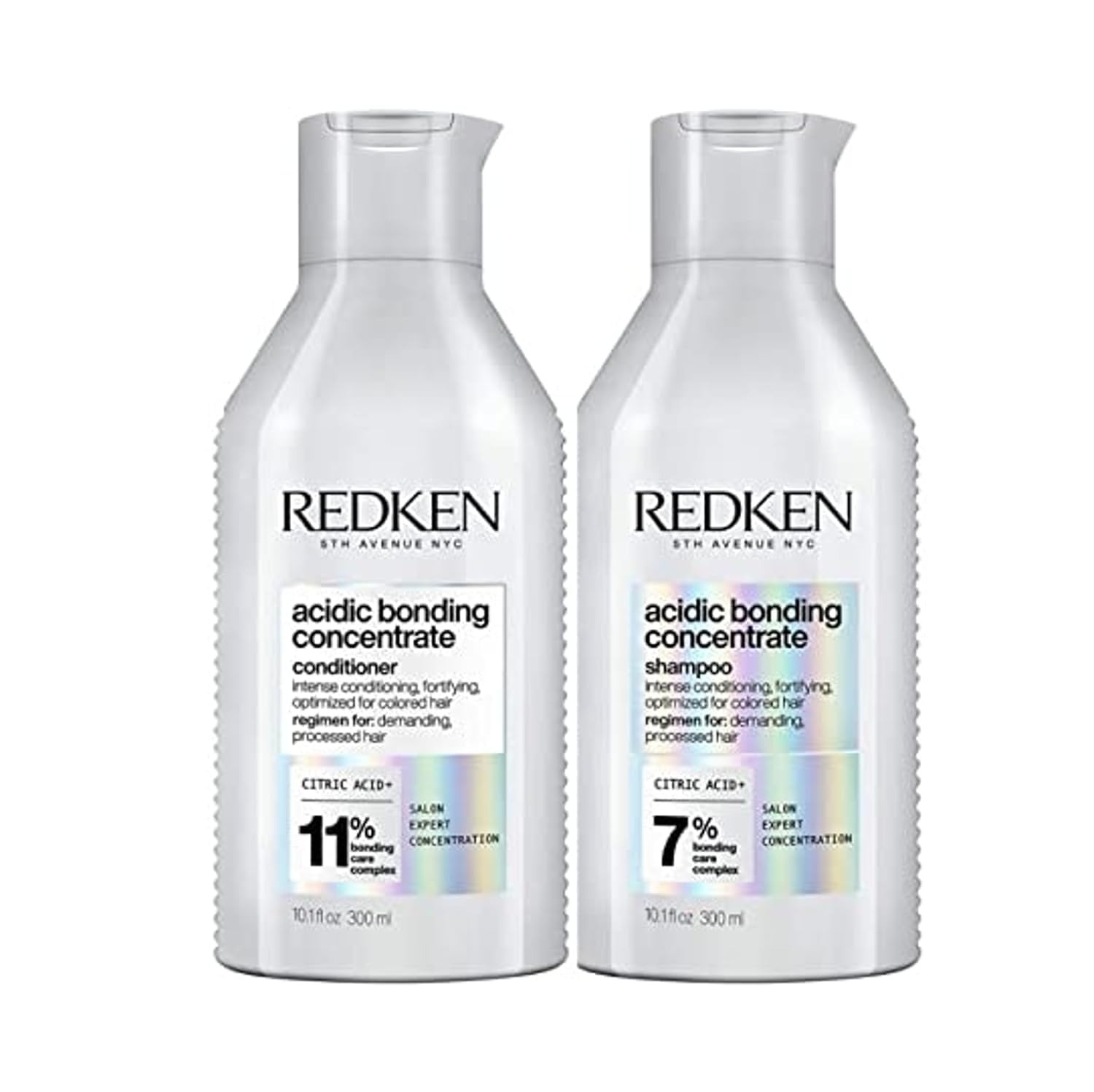
Another set editors and experts swear by is the Aciding Bonding Concentrate Shampoo and Conditioner by Redken. They target damaged hair by helping to repair broken bonds and by protecting it to stop any future breakage. Both formulas are sulfate-free and are gentle enough for daily use. These products are also behind Sabrina Carpenter's bouncy blowout.
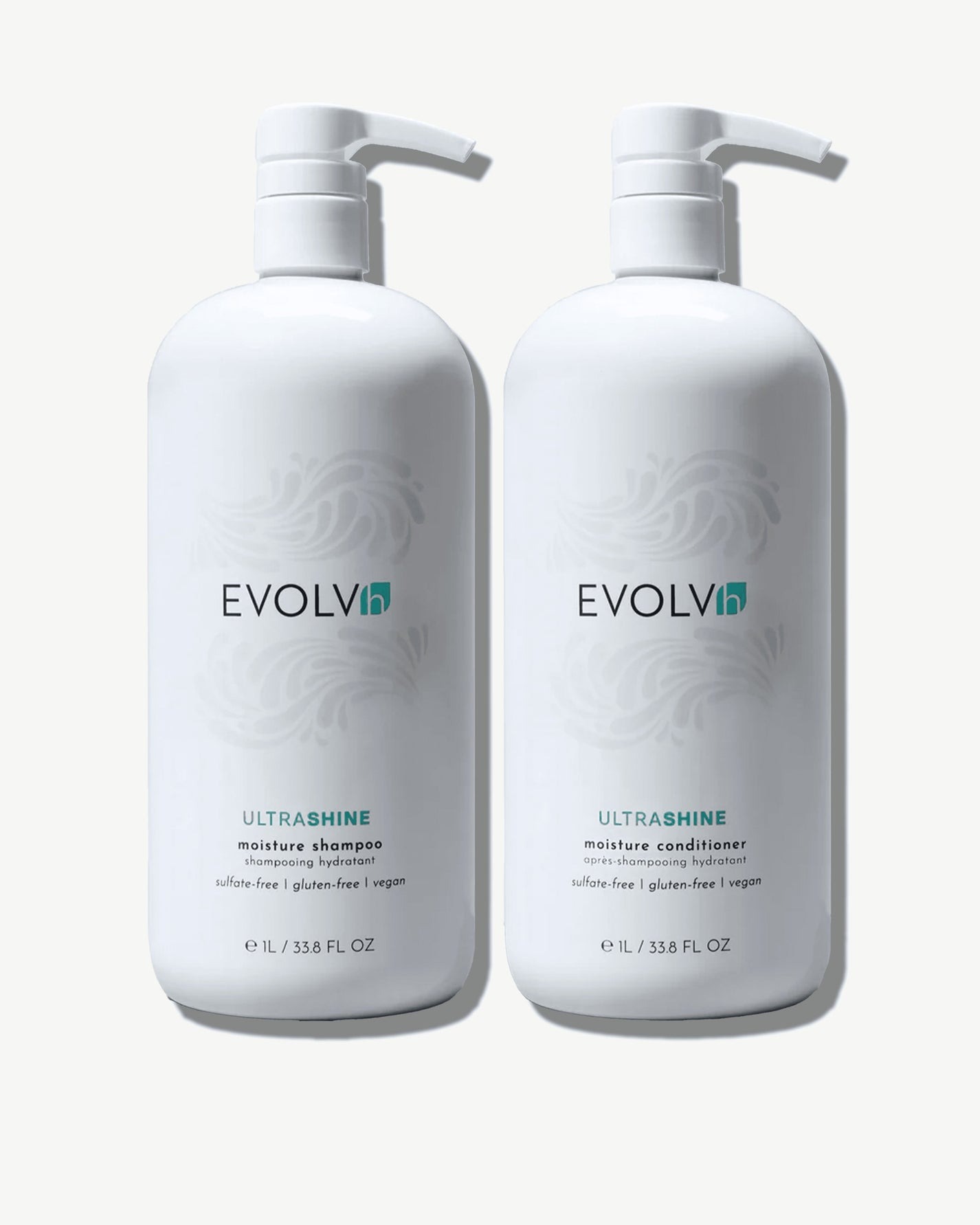
Evolvh's moisturizing and restoring shampoo and conditioner set is designed for use with all hair types (including keratin-treated). The shampoo gently cleanses without stripping the scalp and hair, while the conditioner works to hydrate and detangle without weighting the hair down. Both formulas are powered by antioxidants and amino and fatty acids to add shine and body back into your strands
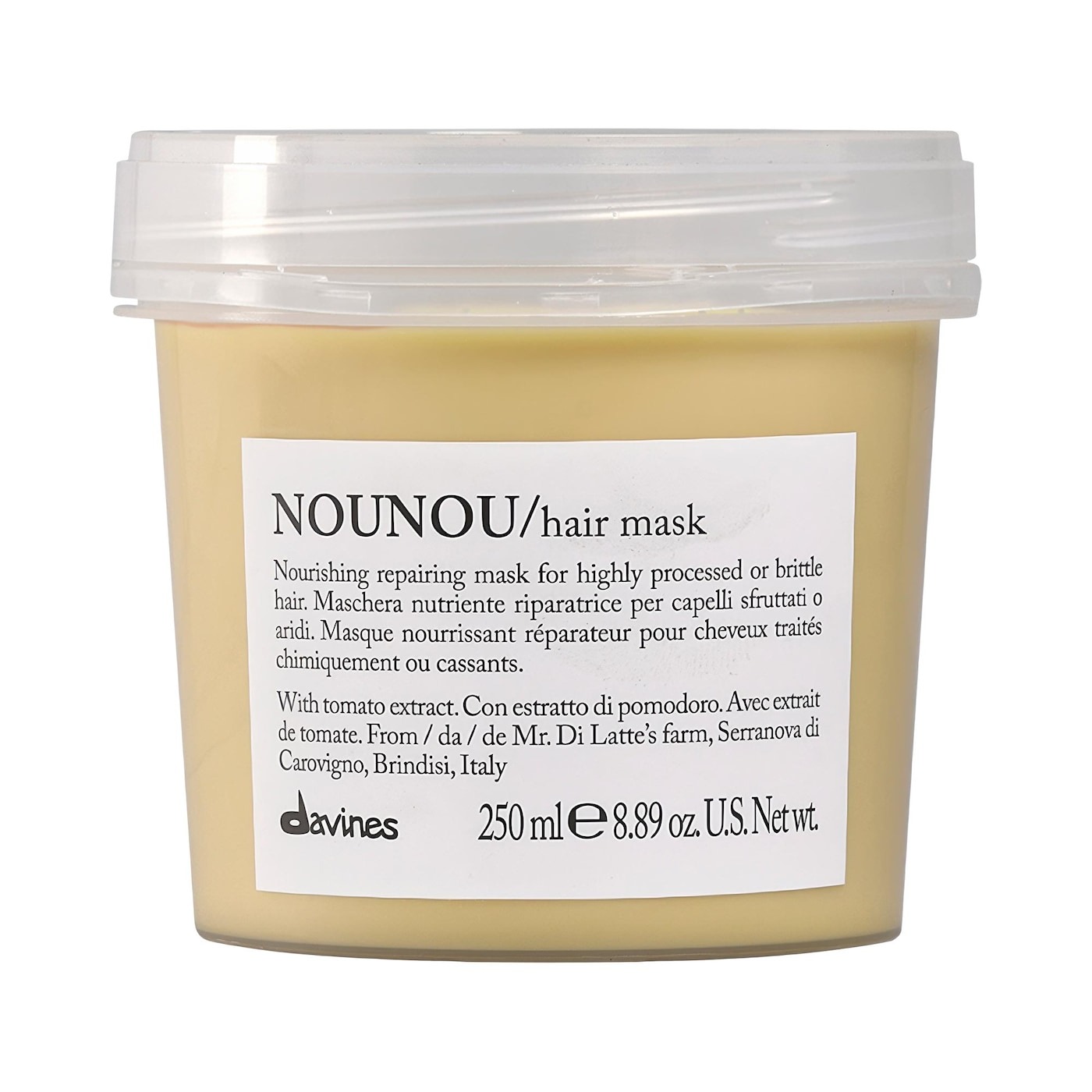
To help combat damage, our experts recommend investing in a reparative hair mask this one by Davine's. The Nounou Repair Hair Mask nourishes your strands that have been bleached, permed, relaxed, and more with Fiaschetto tomato extract, a rich source of carbs, protein, and vitamin C. Like the rest of the products on this list, its formula is also sulfate-free.
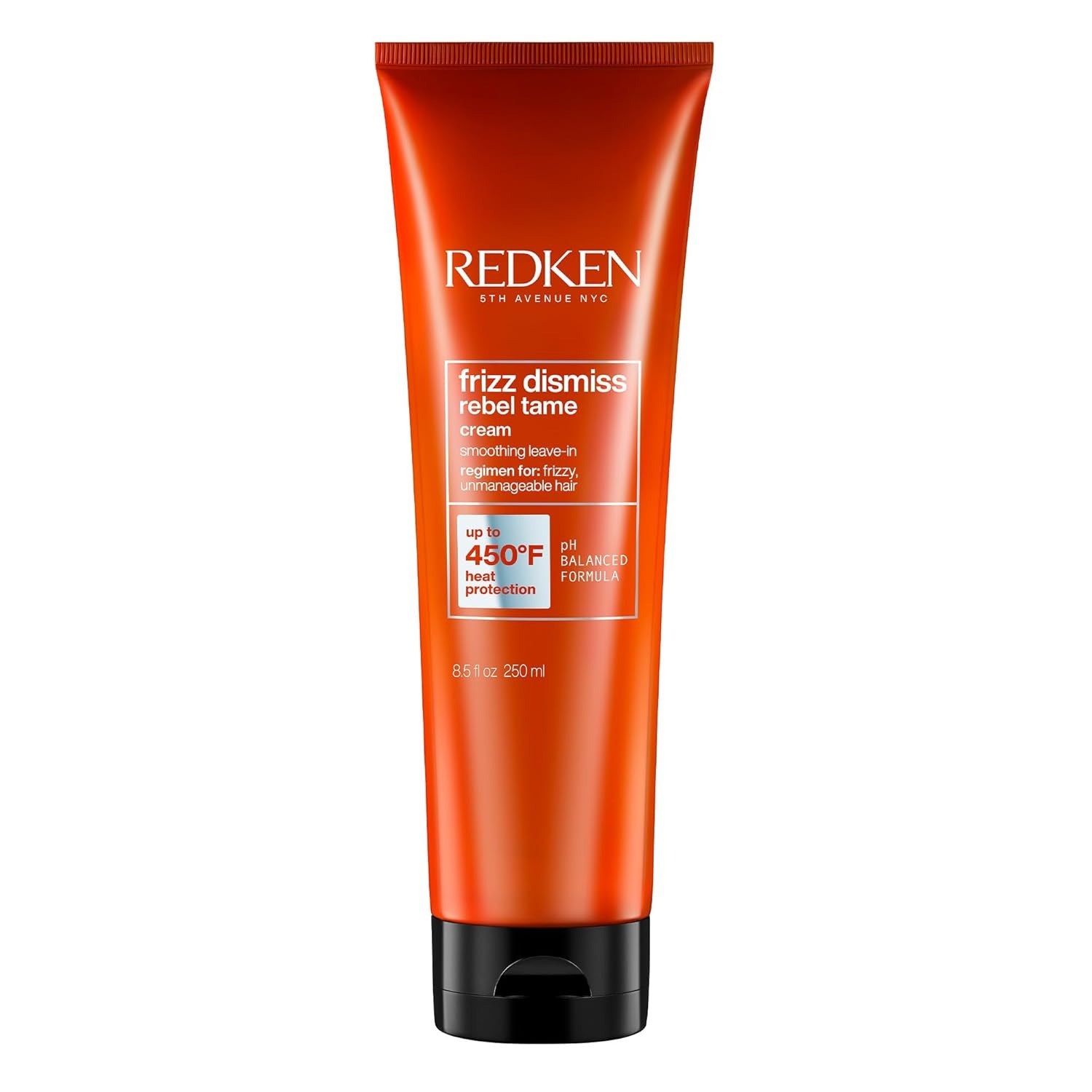
Keratin hair treatments help get rid of frizz for smooth strands, but having the right products can make great results from it last even longer. Redken's frizz-taming leave-in conditioner doubles as a heat protectant; smooths out the frizziest of hair; and protects it from heat up to 450 degrees. Its formula is free of harmful ingredients like sodium chloride and sulfate but features strand-smoothing babassu oil.
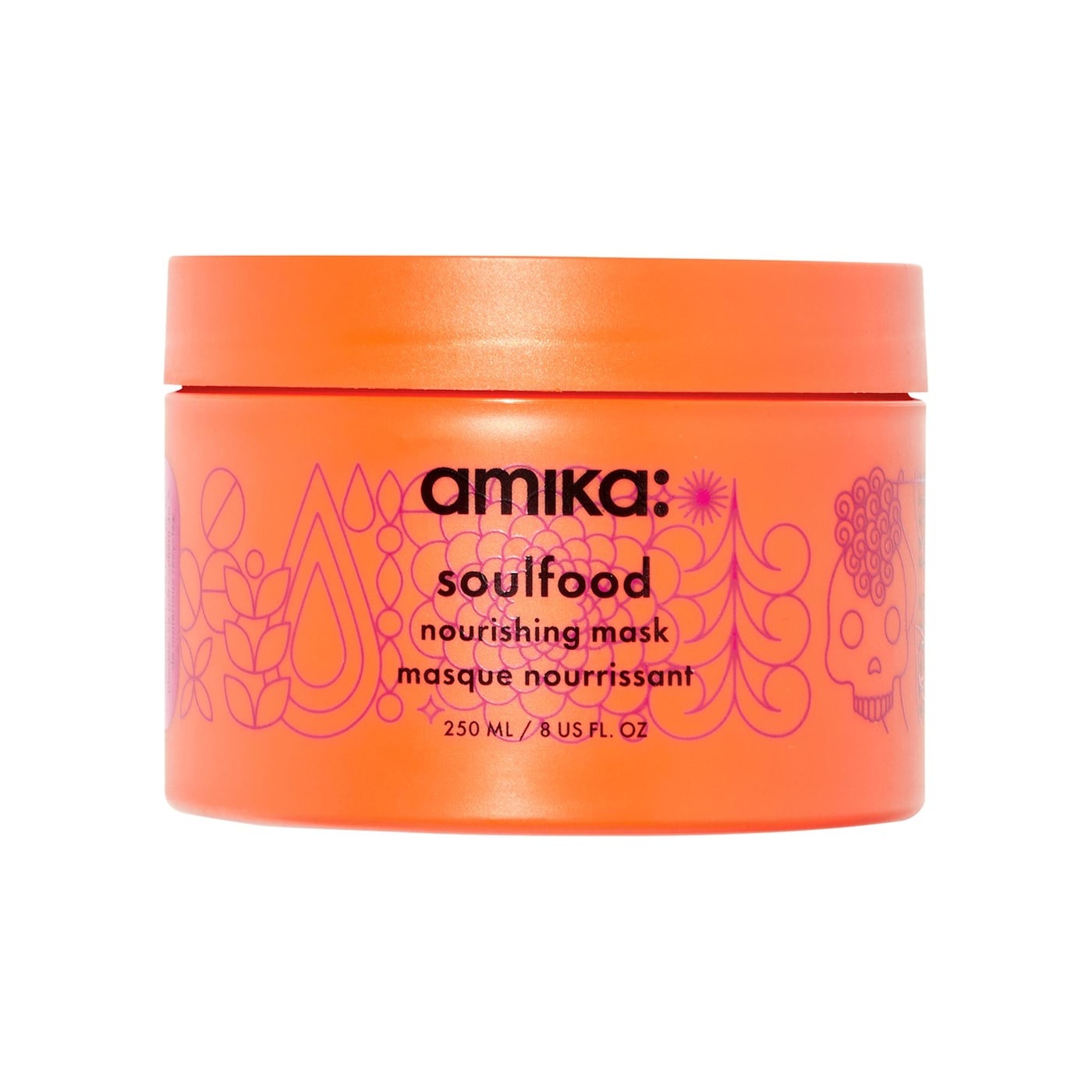
Another deeply nourishing sulfate-free hair mask to try is Amika's Soulfood Nourishing Hair Mask. It's packed with vitamins and nutrients like jojoba seed oil and sea buckthorn to condition and restore damaged hair with fatty acids, powerful antioxidants, and vitamins to boost hydration. You'll also notice more shine, elasticity, and movement.
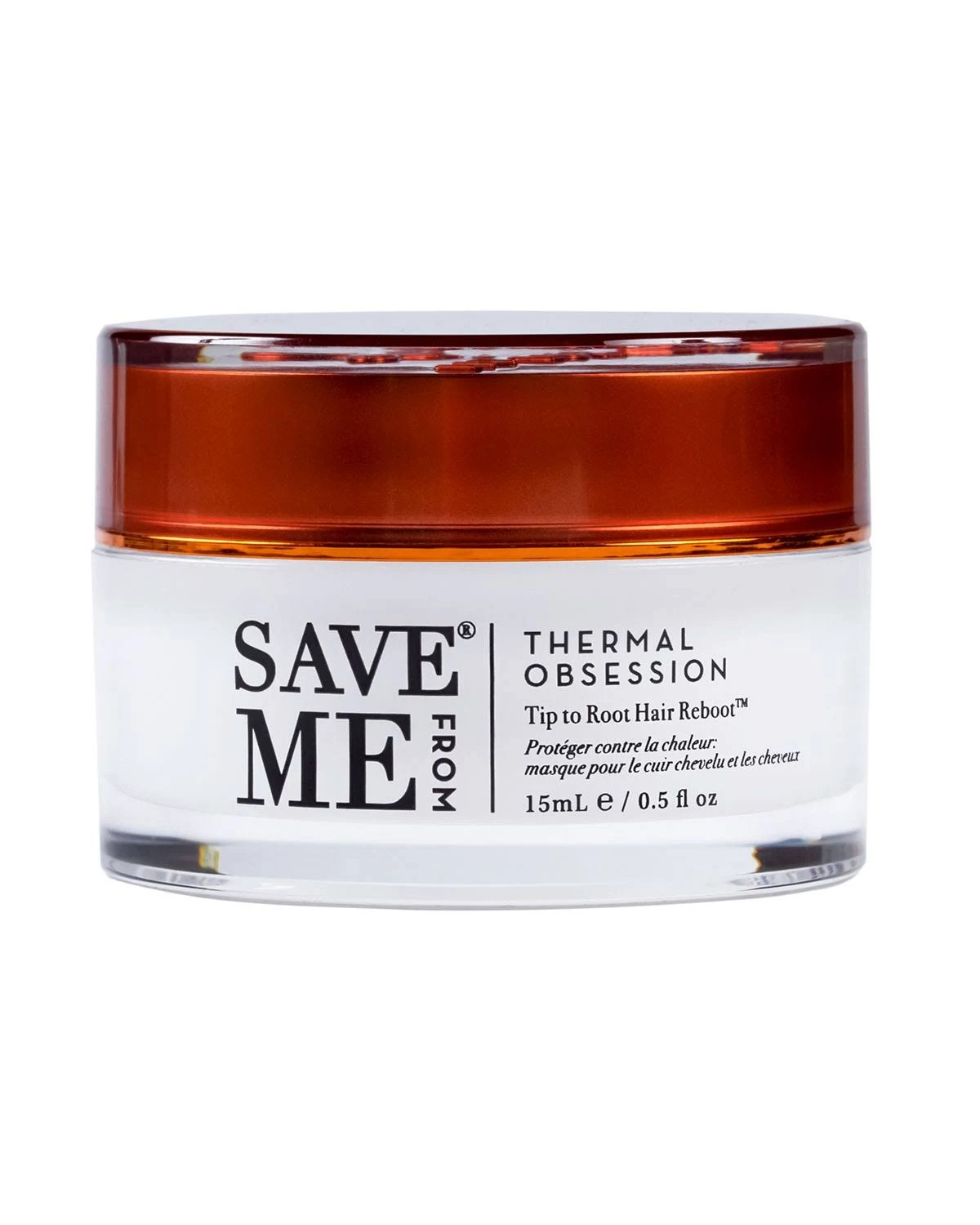
Keratin hair treatments require heat processing to lock in the silky strands. To help protect your hair from heat damage, use this leave-in heat protectant to ward off split ends, frizz, and dry scalp. Its formula combines the brand's new patent-pending Fenugen technology and Bond Reboot to coat each hair from root to tip for protection, shine, and hydration.
More Products to Try

Maya Thomas is an Associate Beauty Editor at Who What Wear. Her strong love for all things beauty, interior design, and fashion stems from a strong childhood interest in the fine arts. During a gap year spent in Paris studying the history of French fashion, she shifted her focus to English literature and journalism as a student at Loyola Marymount University. After graduating in May 2021, Maya began freelancing for Parade.com as a contributing commerce writer. When she's not writing, Maya spends her free time catching up on reading, perusing art galleries, and enjoying a night out at the ballet every now and then.
